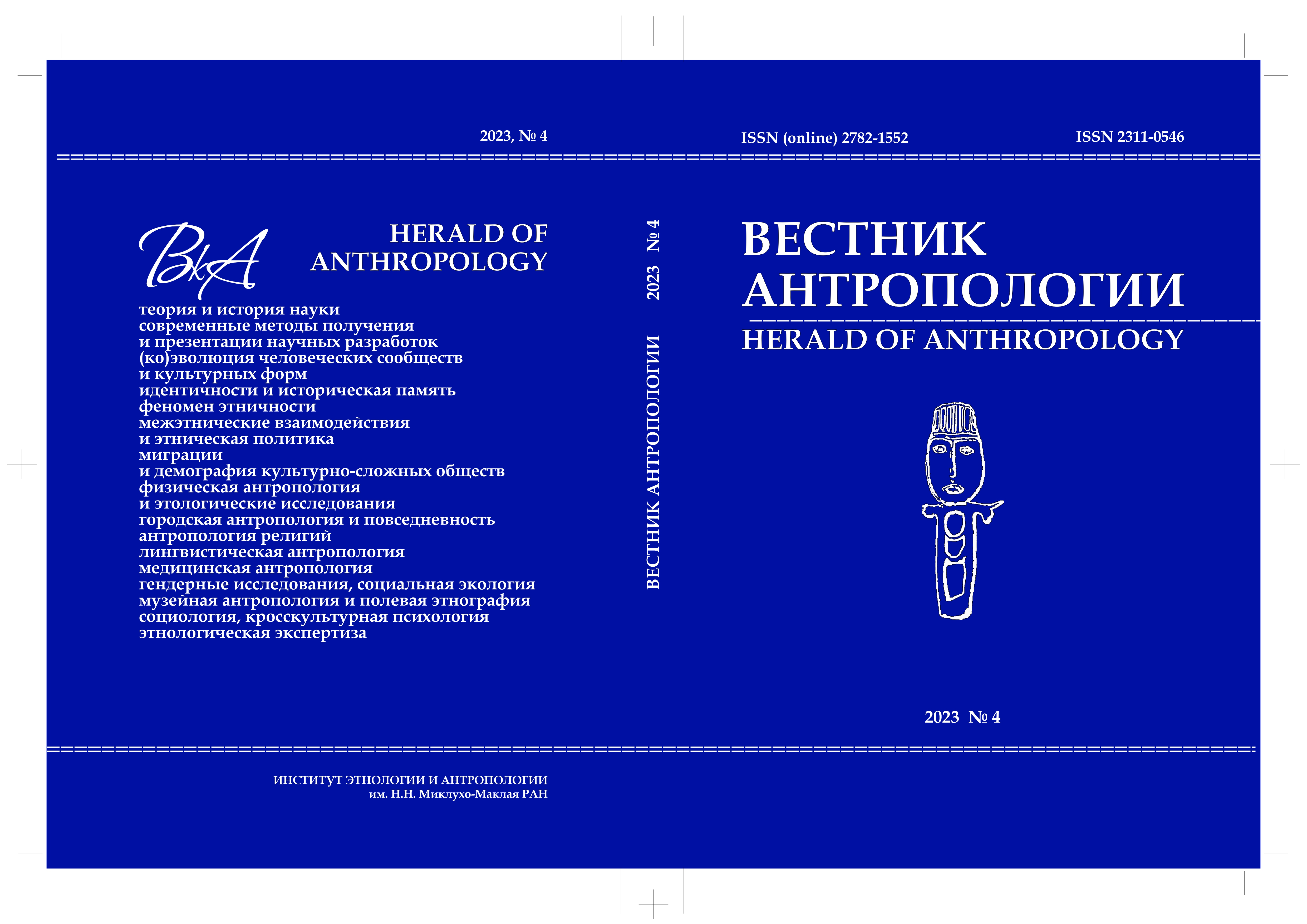Reaction of Russian Health Care to the Development of the COVID-19 Pandemic and the Way out of it (Cross-Cultural Aspect)
DOI: 10.33876/2311-0546/2023-4/170-188
Keywords:
health preservation, healthcare, pandemic, epidemic, COVID-19, folk healing, traditional medical systems (TMS), quasi-religious practicesAbstract
The article discusses the problems of the population's reaction to what happened in the country and the world during the SARS-CoV-2 epidemic/pandemic in terms of attitudes to the disease, the possibilities of its treatment, prevention and rehabilitation. The term “health care” is understood here as personal and group characteristics of health preservation, although its another meaning as a health protection system formed by specialized state agencies is also discussed. The author highlights the transformations caused by the Coronavirus infection and uses Russian and other materials to examine various attempts to resist "Corona" from unconventional medicine and its practitioners engaged in prevention, treatment and rehabilitation along with the existing official health care system – as an alternative to biomedicine or complementary to it. In a difficult situation when little was known about the origin, the course of the disease and its consequences, ridiculous solutions were sometimes offered not only by practitioners of traditional medicine, folk healers along with quasi-religious specialists (which was not surprising), but also within the very sphere of conventional biomedicine. New treatment protocols appeared every now and then; disputes arose among virologists and epidemiologists as well as practicing physicians involved in the elimination of epidemic situations. Representatives of traditional medicine widely spread in our country (domestic – Buryat-Mongolian and imported from Asian countries – Chinese, Indian, Korean, etc.) actively participated in everything that was happening. For comparison, the use of TMS practices during the pandemic in China, India, and other countries is considered in the paper.





















